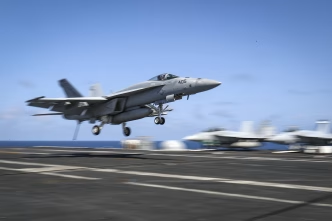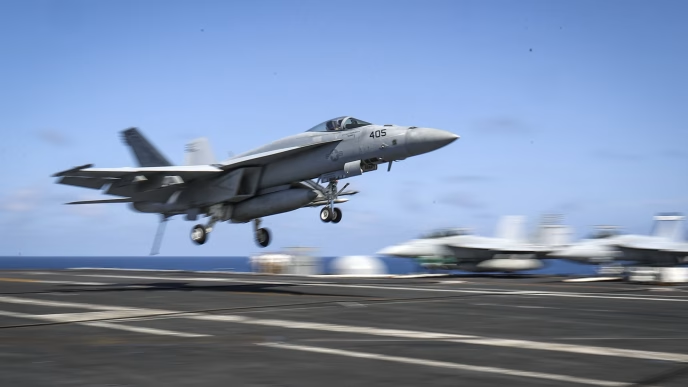If Iran possessed a nuclear weapon, several strategic, political, and practical reasons explain why it has not used it:
- Deterrence Over Use
Nuclear weapons primarily serve as a deterrent—to prevent attacks by raising the stakes for any adversary. Using a nuclear weapon would invite overwhelming retaliation and international condemnation, which most nations seek to avoid. - Fear of Devastating Retaliation
Any nuclear strike would almost certainly trigger massive military responses from the U.S., Israel, and their allies, potentially leading to the destruction of Iran itself. The risk of catastrophic retaliation acts as a strong restraint. - International Isolation and Sanctions
Using a nuclear weapon would isolate Iran even further on the global stage and trigger the most severe sanctions and military interventions, harming Iran’s economy and regime stability. - Political and Religious Considerations
Iran’s leadership is likely aware of the immense humanitarian and environmental consequences of nuclear warfare, which conflict with Islamic principles and could alienate the population and allies. - Lack of Need
So far, Iran has achieved many of its strategic goals through conventional means, diplomacy, and proxy conflicts without resorting to nuclear weapons. The nuclear option remains a last resort.
In essence, the existence of a nuclear weapon is more about strategic leverage and deterrence than active use. The enormous risks and consequences make actual deployment highly unlikely unless Iran faces existential threats.
















